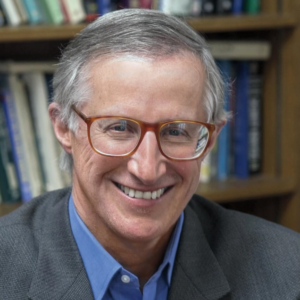William Nordhaus is Sterling Professor of Economics at Yale University. He completed his undergraduate work at Yale University in 1963 and received his Ph.D. in Economics in 1967 from the Massachusetts Institute of Technology.
Nordhaus is a member of the National Academy of Sciences and a Fellow of the American Academy of Arts and Sciences. He is on the research staff of the National Bureau of Economic Research, the Cowles Foundation for Research, and has been a member and senior advisor of the Brookings Panel on Economic Activity since 1972. He is current or past associate editor of several scientific journals. In 2004, he was awarded the prize of “Distinguished Fellow” by the American Economic Association, and he served as President of the American Economic Association in 2015-2016.
From 1977 to 1979, Nordhaus was a Member of President Carter’s Council of Economic Advisers. From 1986 to 1988, he served as the Provost of Yale University. He was Chair of the Boston Federal Reserve Bank from 2013 to 2015. He has served on several committees of the National Academy of Sciences on topics including climate change, environmental accounting, risk, and the role of the tax system in climate change.
Nordhaus has studied wage and price behavior, health economics, augmented national accounting, the political business cycle, and productivity. He is the author of many books, among them Invention, Growth and Welfare, Is Growth Obsolete?, The Efficient Use of Energy Resources, Managing the Global Commons, Warming the World, The Climate Casino, and (joint with Paul Samuelson) the classic textbook, Economics, whose nineteenth edition was published in 2010. His most recent book is The Spirit of Green (2021). His major work focuses on the economics of climate change, developing models that integrated the science, economics, and policies necessary to slow warming. These studies include the DICE and RICE models of the economics of climate change, which have been widely used in research on studies of climate-change economics and policies.
He was awarded the Nobel Prize in Economic Sciences in 2018 “for integrating climate change into long-run macroeconomic analysis.”

